All Stories
-
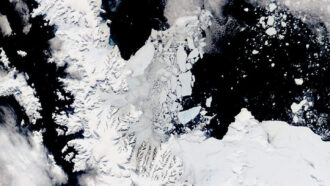 Climate
ClimateWarmer seas trigger skyrocketing ice loss in 3 Antarctic glaciers
Destabilized by waves and vanishing sea ice, one of the glaciers lost 25 kilometers (15.5 miles) of ice in 16 months — a possible hint of worse to come.
By Douglas Fox -
 Tech
TechLet’s learn about the benefits of playing video games
Too much screentime poses health risks, but research suggests playing video games can sharpen some skillsets.
-
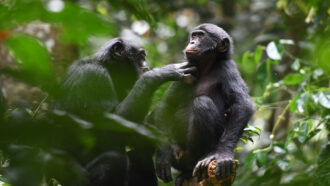 Animals
AnimalsBonobos cooperate across social groups — even with no clear payoff
Bonobos cooperate with outsiders, even when they get no clear benefit out of it. This could shed light on social evolution in other primates, even us.
By Jake Buehler -
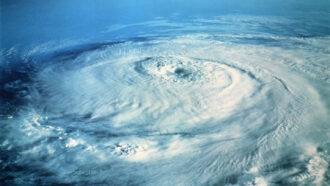 Physics
PhysicsScientists Say: Coriolis Effect
Because Earth spins, airborne objects traveling far and fast — such as airplanes — experience deflections in their motion.
-
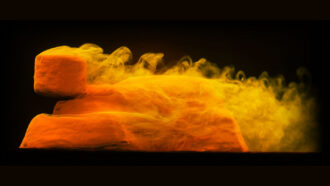 Physics
PhysicsBefore the ancient Egyptians, nature may have carved sphinxes
Steady ‘winds’ can carve clay blobs into lion-shaped landforms called yardangs, a new study suggests. One such yardang may have inspired the Great Sphinx of Giza.
By Elise Cutts -
 Health & Medicine
Health & MedicineSad or stressed? Here’s where to find health-ful info
The internet and hotlines have a lot of great resources — if you know where to find them and how to avoid the misinformation.
By Erin Ross -
 Science & Society
Science & SocietyTeen mental health: What role does social media play?
The Surgeon General advises that because social media is being linked to both good and harm, teens can use it — but should do so very carefully.
By Erin Ross -
 Humans
HumansSeven steps to boost your mood
Give yourself some quality “me time” every day. The goal is self-care and expression that can liberate you — and maybe even bring joy.
By Erin Ross -
 Humans
HumansBeing a teen has always been hard; now it’s especially so
More U.S. children and teenagers are reporting mental illness than ever. With not enough doctors to treat all of them, here’s how to find help.
By Erin Ross -
 Tech
TechBalsa wood transistors could usher in ‘greener’ electronics
Researchers in Sweden coaxed wood to conduct electricity, then used it to make a climate-friendlier building block of electronics.
-
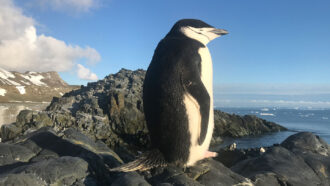 Animals
AnimalsThese penguins nap 10,000 times a day, for seconds at a time
Such an extreme sleep schedule may help nesting chinstrap penguins protect their young while still getting more than 11 hours of shut-eye.
By Jake Buehler -
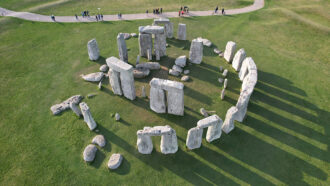 Archaeology
ArchaeologyAnalyze This: Stonehenge’s ‘Altar Stone’ has mysterious origins
After a century of searching for the source of the Altar Stone, scientists have yet to figure out where ancient people got the rock.